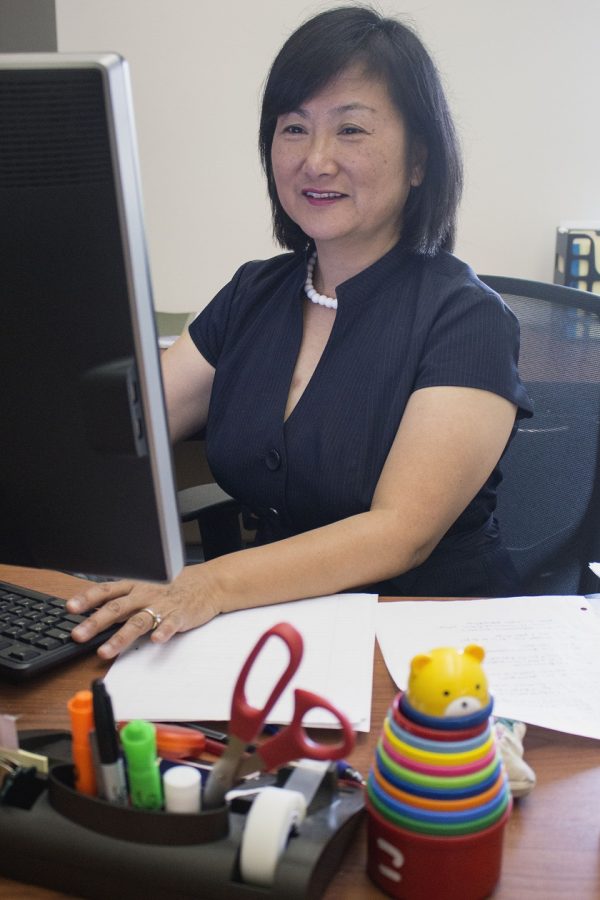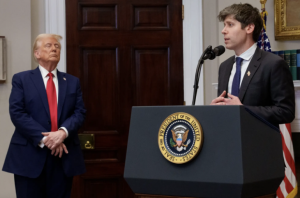From Japan to the US: Professor Noriko Toyokawa
Professor Noriko Toyokawa builds bridges in an American society
April 13, 2016
Dr. Noriko Toyokawa is a Japanese woman who strives to center her life around education not only for herself, but her students as well.
Toyokawa was born and raised in Tokyo, Japan and describes herself as a simple Japanese woman living in the U.S. and as a mother to an AsianAmerican son.
Growing up, Toyokawa had been immersed in an educational environment early on as her mother was an elementary school teacher. So naturally, following her mother’s footsteps was not a foreign concept.
Before Toyokawa had taken on the role of becoming a professor, she received her bachelor’s at the University of Tokyo in Brazilian and Portuguese studies. After receiving her degree, she did business traveling in the States with her husband until she received a job as a college dorm supervisor at Pennsylvania State University.
Taking this job was only a stepping stone in Toyokawa’s road to academia, but it was through this job that she realized that she wanted to work with young adults. Toyokawa went on to pursue a Ph.D. at Ohio State University, but instead took on a completely different route and went on to do research in the field of human development.
The road was not easy, but it was one that she found to be rewarding. Between figuring out the financial aspect of it all, she found herself being challenged linguistically, culturally and also within the social context of the American world she was trying to learn to live in.
“I’m not perfect and I know that, but I want to show my students how essential it is to be outgoing, especially through the field of human development, because a student can take [something] away from this small lesson and better their future with it. Ultimately, that is my goal for my students,” said Toyokawa.
Since 1993, Toyokawa has been teaching at CSUSM and said that she is extremely thankful to have been given the opportunity to pursue a career in what she is passionate about most.
She said,“I love and enjoy what I’m doing now—I have been and always will. I will always be thankful for my Japanese upbringing because it had helped me value and understand my family’s lessons to me in perseverance, life lessons from my father and my own personal experiences. All this shaped me to be the woman I am here today in the U.S.”







